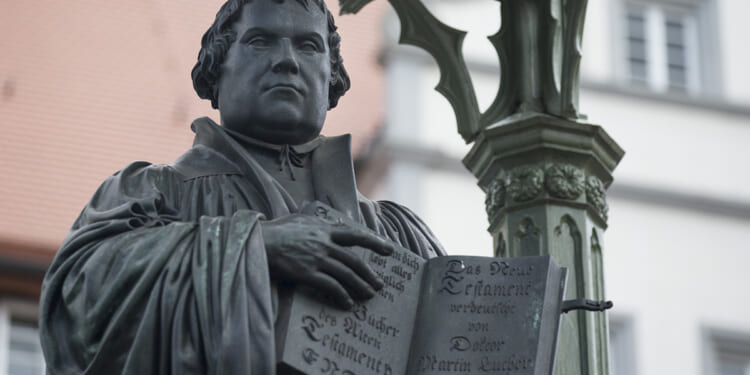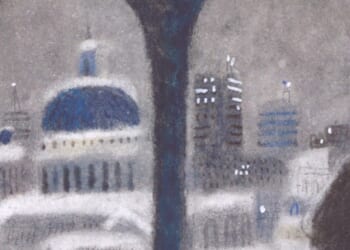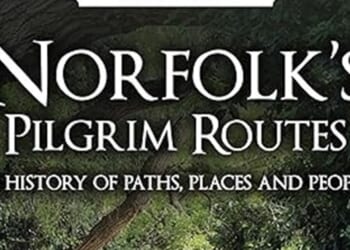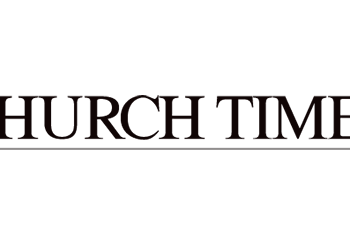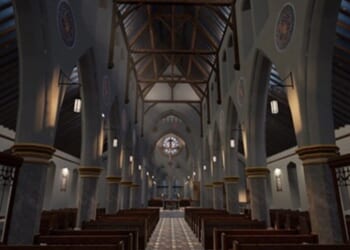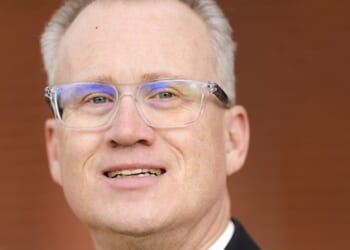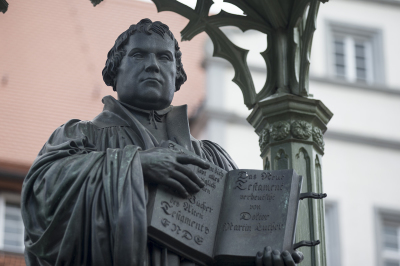
The date October 31 makes most people think of pumpkins, costumes and candy. But long before Halloween became a cultural staple, that date marked an event that redirected the course of civilization. On October 31, 1517, a German monk named Martin Luther nailed a document known as the 95 Theses to a church door in Wittenberg.
At the time, Luther’s act was small and localized. It was a callout of religious abuses, a challenge to debate such, and it sparked what historians call the Protestant Reformation. The movement that followed would upend churches throughout Europe and the world, and immeasurably influence education, government, economics, not to mention the lives and souls of countless individuals.
Other Reformers, along with Luther, would cause reflective leaders to deeply ponder ideas of human freedom and fuel the pursuit of a never-before-tried experiment: Self-government. Few moments in history have had such sweeping and lasting consequences.
Five centuries later, it’s worth asking: what was it about that rediscovery of faith that so profoundly changed the world — and could it still have something to say to us today?
In the early 1500s, Europe’s most powerful institution — the Roman Catholic Church — was deeply entangled in politics and wealth. Parishioners, ensnared in superstition and fear, were often taught that salvation could be earned through payments, rituals or moral effort.
The spiritual and cultural juggernaut brought about by Luther was a result of his own spiritual searching. Not of rebellion, but in reading through the Bible, Luther was struck by the words of both Habakkuk and the Apostle Paul: “The just shall live by faith.” It was a revelation that God’s favor wasn’t bought or bargained for — it was a gift received by faith.
That simple truth lit a fire. Luther began writing, teaching and translating Scripture into the language of everyday people. Soon, others across Europe — like John Calvin, Ulrich Zwingli, Menno Simons and William Tyndale — joined the movement. They called for a return to the essentials: faith, grace and a personal relationship with God.
How the Reformation shaped the modern world
The Reformation’s ripple effects extended far beyond theology. Putting Scripture and education in the hands of the public encouraged literacy and critical thinking. The printing press, still a new invention at the time, spread ideas faster than ever before, creating what some historians call the first “information revolution.”
The Reformation also helped shape ideas about individual conscience and moral responsibility — concepts that became cornerstones of modern democracy and human rights. When people believed that every soul stood directly accountable before God, it became harder to justify tyranny or blind obedience to authority.
Work itself took on new meaning. The Reformers taught that all honest labor — whether by farmer, artist or ruler — had dignity and purpose. This “Protestant work ethic” would later influence the development of modern economies.
In short, a movement born from a monk’s crisis of faith ended up redefining the Western world.
Our modern world’s search for meaning
For all our progress, the modern West is dangerously adrift. We have more freedom, technology and information than any generation in history — yet anxiety, loneliness and despair are truly pandemic. Society is prosperous at levels previous generations could not fathom — but millions are uncertain about what all the striving is for.
Our time resembles the age before the Reformation: material wealth alongside spiritual emptiness, information without wisdom and power without peace. We look within for meaning and come up empty-handed.
That’s why the legacy of October 31, 1517, still matters. The Reformation was about rediscovering God’s grace — the admission that human effort alone cannot mend what’s broken in us or our world. Whether one identifies as religious or not, that message carries a timeless insight: we are creatures who long for forgiveness, for purpose, for something beyond ourselves.
The need for Reformation 2.0
Today’s challenges — polarization, cynicism, moral confusion — can’t be solved by technology or politics alone. These are, after all, spiritual problems. The Reformation reminds us that true renewal begins not in governments or institutions but in the human heart.
Luther’s courage was not rooted in rebellion for its own sake but in a set of convictions: That truth matters, and that our lives (and the world) change when people rediscover it. Luther’s words before the emperor still echo five centuries later: “Here I stand. I can do no other.”
This October 31, perhaps amid Halloween noise, let’s pause to remember the day when one man’s encounter with grace helped pull Europe out of darkness. The Reformation gave the world literacy, liberty, and conscience. October 31 began a time of hope rooted in something higher than ourselves.
Five hundred years ago, the rediscovery of faith changed history. In an anxious, divided world, it can do so again.
Dr. Alex McFarland is a youth, religion and culture expert, author of more than 20 books and is heard live daily on the 200+ stations of the American Family Radio Network. He is Director of worldview for Charis Bible College, Woodland Park, CO, and co-hosts the “Truth and Liberty” TV broadcast. His website is, alexmcfarland.com.

